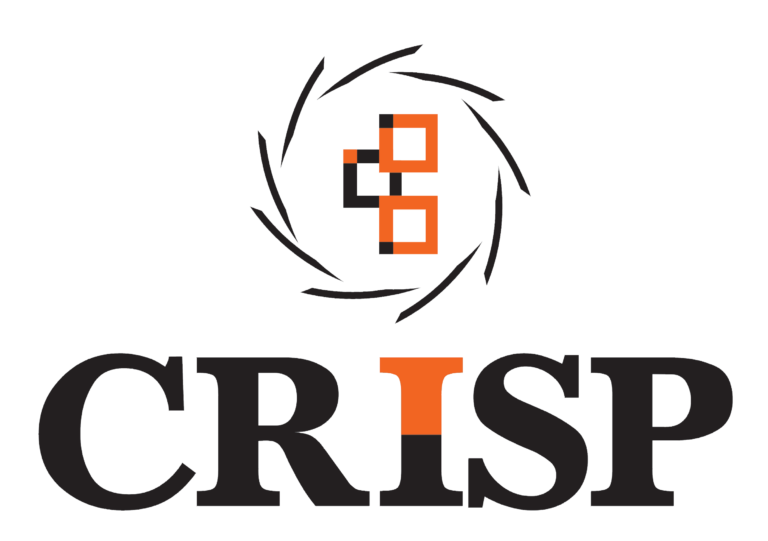Gender Responsive Digital Extension and Advisory Services in Bangladesh and India

This paper jointly written by the Centre for Research on Innovation and Science Policy (CRISP), Hyderabad, India, and the Food and Agriculture Organization of the United Nations (FAO) explores the gender responsiveness of digital EAS in two Southern Asian countries – Bangladesh and India – where women play a critical role in agrifood systems.
Both countries have piloted and scaled various digital EAS models over the past decade. The study investigated the barriers that limit women’s uptake and effective use of these services. While numerous digital EAS solutions are emerging in both Bangladesh and India, there is limited evidence that women farmers are meaningfully engaging with or benefiting from these services. One key barrier remains women’s limited access to mobile phones, the primary delivery channel for most digital EAS platforms. However, the challenge goes well beyond device ownership
Women face multiple, intersecting constraints, including:
• low awareness of available digital EAS solutions;
• limited digital literacy and skills; and
• lack of content that addresses their specific agricultural needs and realities.
Few organizations have undertaken systematic needs assessments among women farmers to inform the design of tailored content and services. A core finding of this study is the absence of deliberate organizational intent to reach and benefit women farmers through digital EAS. The study noted that unless targeted and sustained efforts are made to raise awareness, build women’s digital skills and develop content tailored to their needs, digital EAS solutions will continue to reinforce existing gender disparities in access to information and support services.
